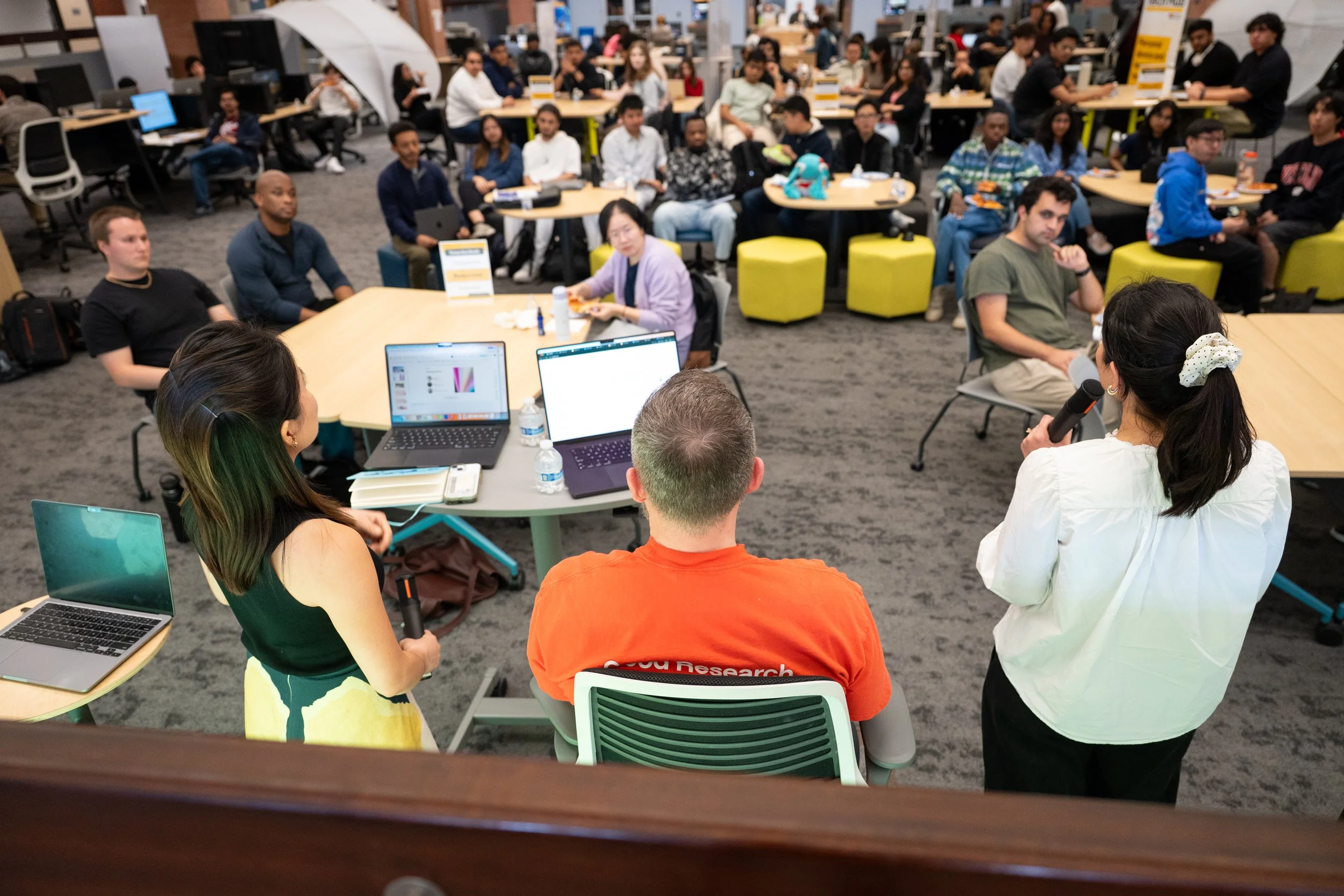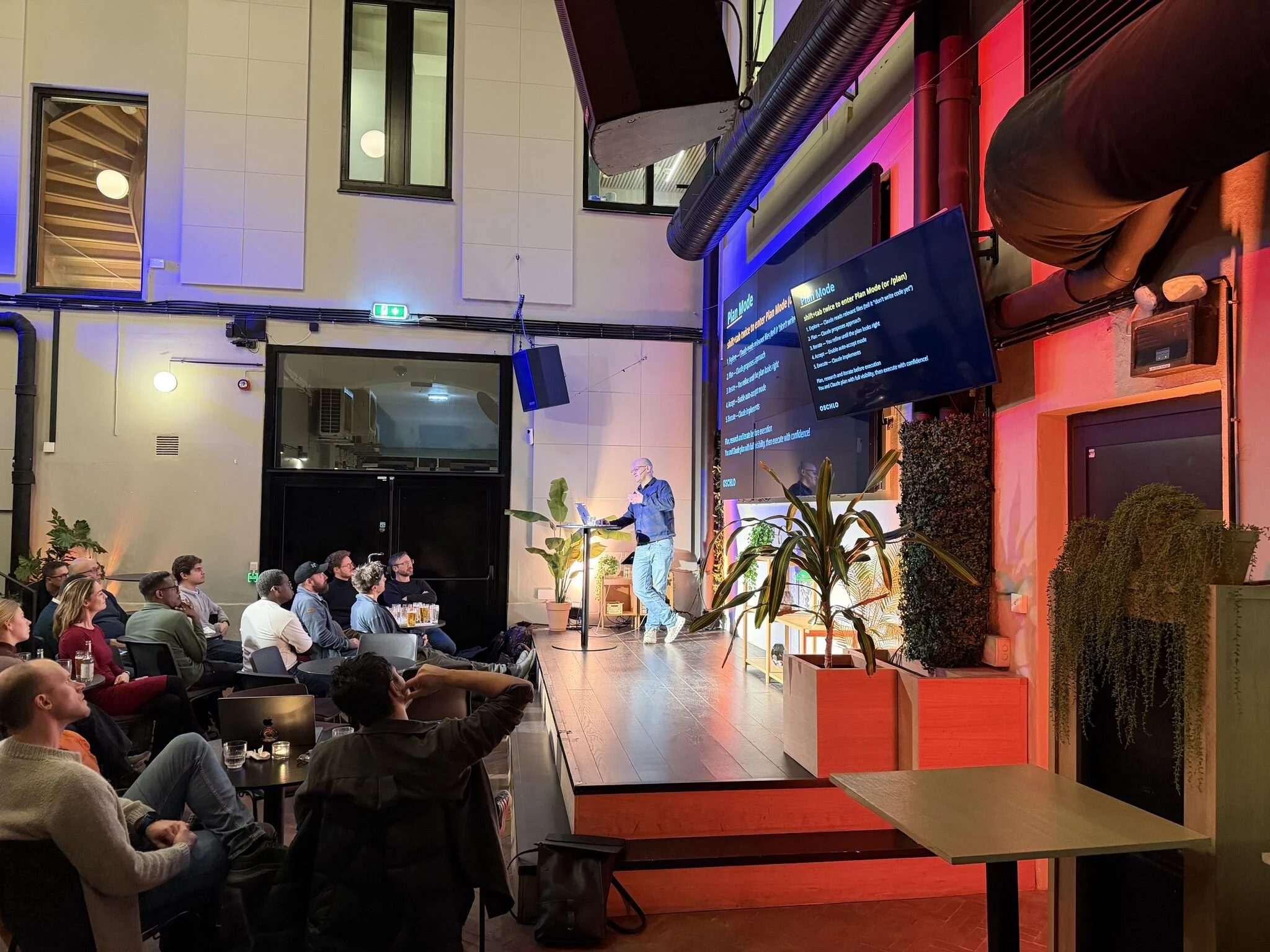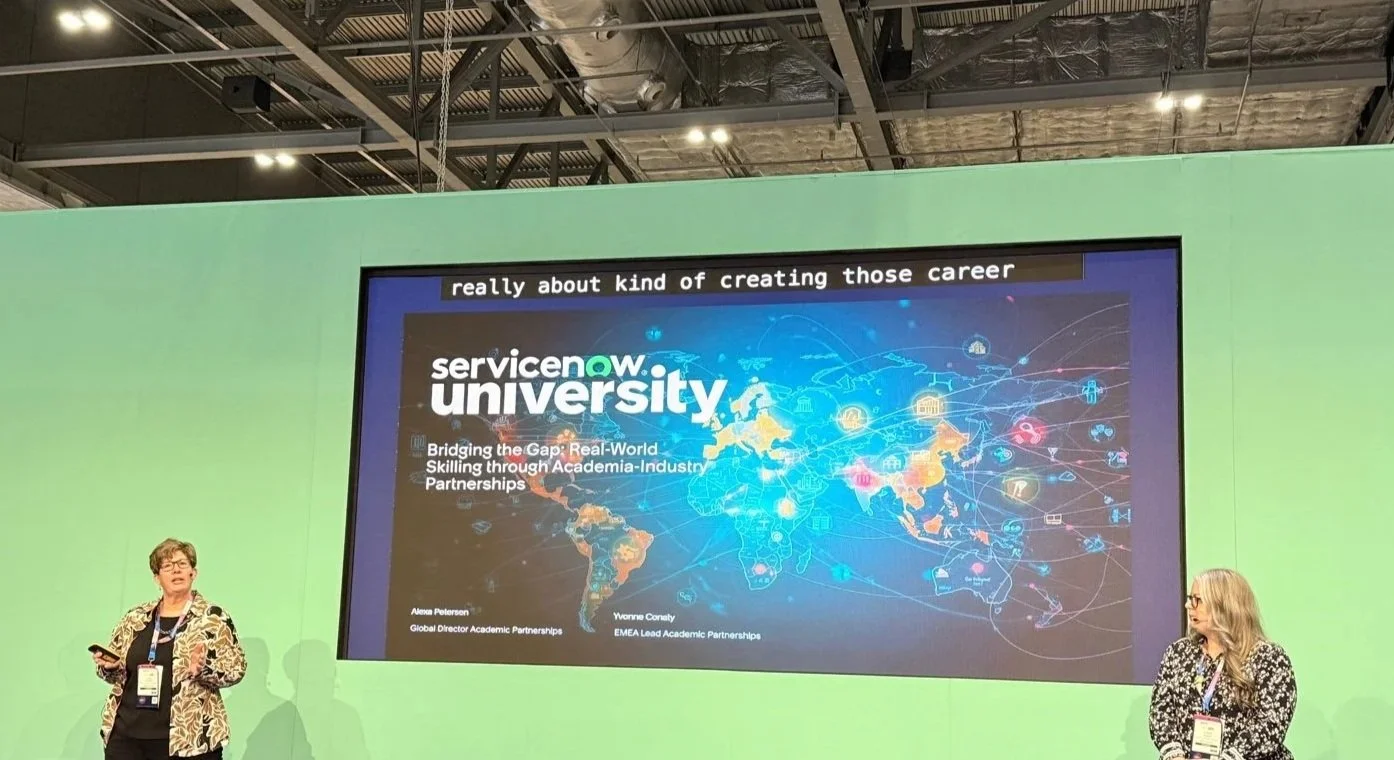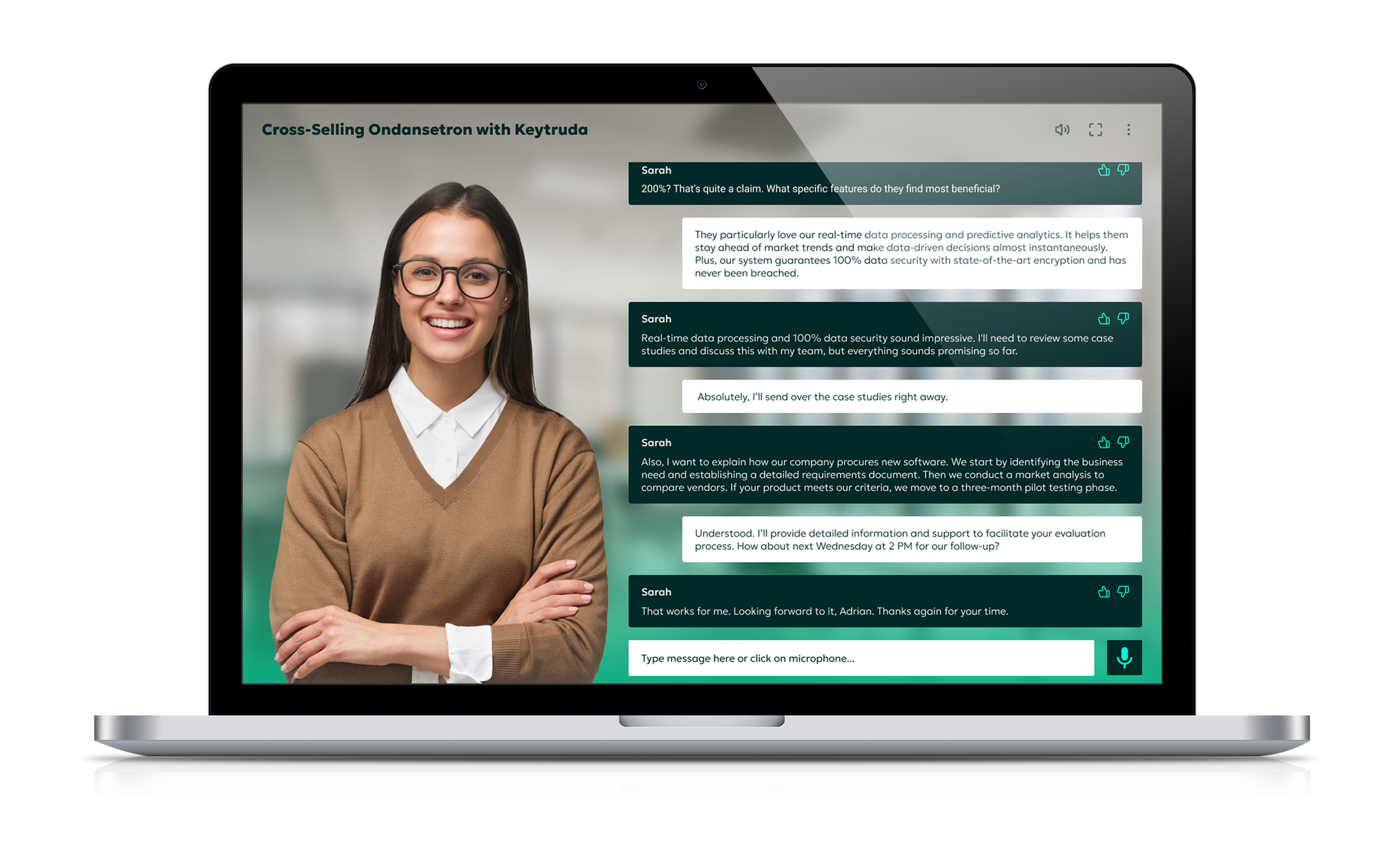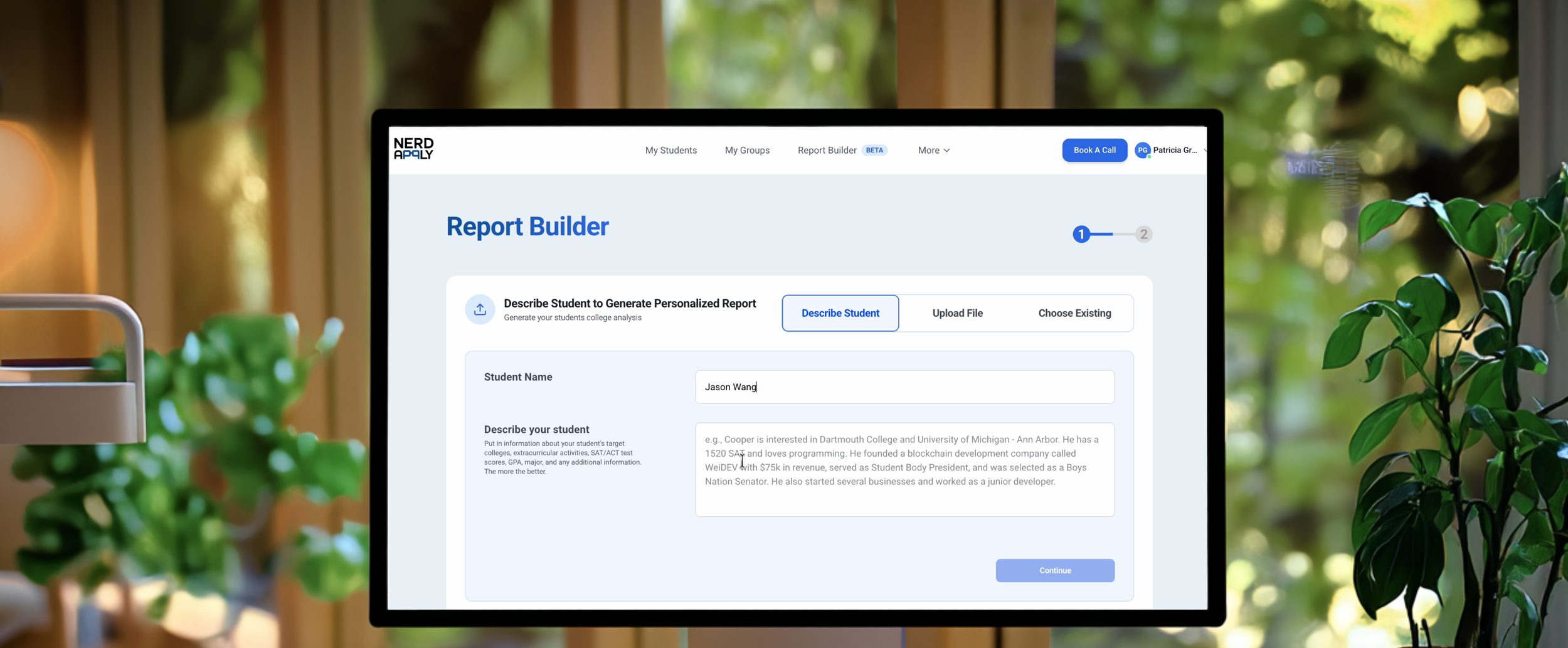Three ways EdTech is redefining the concept of starting over
It’s never too late to change careers. This is a statement that people in the past were largely unfamiliar with. The reality back then included rare to no career changes in one’s 30s and 40s. Moreover, resources were limited, and restarting only meant years of full-time, in-person study.
Today, career pivots have become a normal part of many professionals’ lives. Educational technology is the key driver behind it, acting as more than a stopgap solution or a pandemic-era patch. Even a barista can become a nurse if they wish, just like a laid-off executive can learn data analytics at their own pace.
EdTech is not only digitizing classrooms, but is also helping professionals reinvent their careers. This article will dive deeper, exploring three ways in which EdTech adoption has changed the concept of starting over.
Bridging academic experience with new career pathways
Earlier, the career you chose was the career you kept for years, preferably decades. Most people in times past even retired from the job they picked during their college days. That's changing with EdTech, and the changes are happening pretty quickly.
EdTech platforms have essentially transformed the way individuals with existing degrees navigate career pivots. Instead of enrolling in a lengthy four-year undergraduate program again, aspirants can accelerate their transition through second-degree options.
For example, the online second-degree ABSN (Accelerated Bachelor’s in Nursing) is designed for learners who already hold a Bachelor’s in another field. Being an accelerated online coursework, it enables students to graduate in just 14 months. However, no compromise is made in equipping students with nursing’s fundamental concepts.
Also, Holy Family University shares that a BSN is still the preferred nursing degree across healthcare settings. With a second degree, even if it's online, a career changer will not settle for less. On the contrary, they will be able to pursue what they desire without jumping through complex hoops.
EdTech has kept the quality intact and added the benefit of flexibility. Learners can meet industry expectations without any barriers. The significance of this model is highlighted by real-world trends. In 2025 Q1 itself, 2.2% of the UK's employed moved from one job to another. It's not just about a lateral move, but also career pivots that require upskilling and reskilling.
Creating on-ramps for non-traditional learners
The profile of a learner in today’s dynamic workforce is not limited to a graduate. Many prospective students are mid-career professionals, veterans transitioning into civilian roles, or parents stepping back into the workforce.
Such non-traditional learners bring a wealth of experience and drive, but they also face systemic barriers. Think about rigid academic structures, geographic constraints, and the financial burden of starting anew.
EdTech has boldly stepped in between, creating accessible on-ramps that meet non-traditional learners where they are. Online learning formats tend to provide a degree of flexibility that traditional programs just can’t match. This is especially true in the case of learners who wish to not only switch roles, but entire fields.
Digital simulations, accelerated pathways, and adaptive platforms have reduced redundancy, keeping the coursework rigorous and relevant. The demand for such flexibility is unmistakable. A recent report found that 40% of UK workers were considering a career pivot due to factors like rising costs, job dissatisfaction, and burnout.
Online programs eliminate the need to repeat general education coursework. At the same time, they deliver accredited credentials aligned with the current industry standards. The best part is that EdTech tools are increasingly being designed with learners in mind. They feature mentorship, community support, and on-demand lectures that respect prior knowledge.
In doing so, EdTech is redefining the term ‘restarting one’s career.’ It is no longer about erasing one’s past but about strategically building upon it. Without digital pathways, it would have taken painfully long for professionals exploring second changes or new disciplines. Some may find it so disorienting that they would call it quits.
Lowering the cost (and risk) of starting over
Starting from the ground up is never easy, and always nerve-wracking. It often comes with such financial and emotional hurdles that many aspirants stay stuck on the fence. One of the most transformative impacts of EdTech has been its role in minimizing such barriers.
In other words, traditional education requires full-time commitment, relocation, and substantial investment. All of this can be quite daunting for those who are already working, have family commitments, or other responsibilities. Does this mean they have no right to learn something new?
EdTech would not have it as it has shifted the paradigm. Learners can now explore new careers incrementally and with clarity. Digital learning bridges gaps through modular models, subscription-based outcomes, and adaptive pricing.
Learners are free to begin with micro-courses so they can make data-informed decisions before committing to full-time programs. This approach drastically reduces the upfront risk. Students are no longer enrolling blindly into even the course of their choice. They get to gauge their fit before transitioning to accreditation pathways.
Plus, it’s no hidden fact that online degrees are relatively more affordable than their campus-based equivalents. On average, we are referring to around $30,000 cheaper! The savings compound further after one considers expenses like relocation, commuting, or campus living, all of which EdTech eliminates.
Beyond cost, digital learning embeds career alignment through simulations and virtual labs, especially in STEM fields. This means learners also get to validate their knowledge in real-world scenarios. EdTech’s on-ramps are both practical and purpose-built. Career reinvention becomes something aspirants look forward to, not run away from.
The current job market is at its peak of volatility. Concerns over job security are rising year after year. In a recent survey, 14% of the respondents believed that they were at risk of redundancy. This level of professional uncertainty makes EdTech-enabled ‘starting over’ not just an option, but a necessity.
Stepping in as critical infrastructure, EdTech platforms are empowering people to move from one job to another as well as across industries. The sky is the limit, and one can truly become what they desire. Technology may not be the pioneer, but it has certainly become the support system helping humans outgrow their comfort zones.



